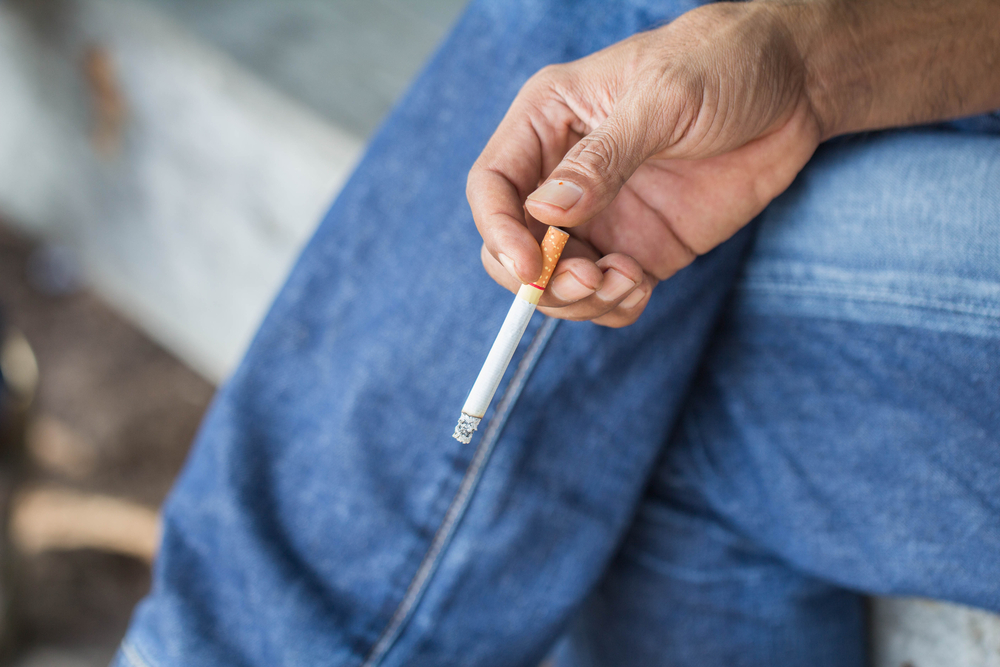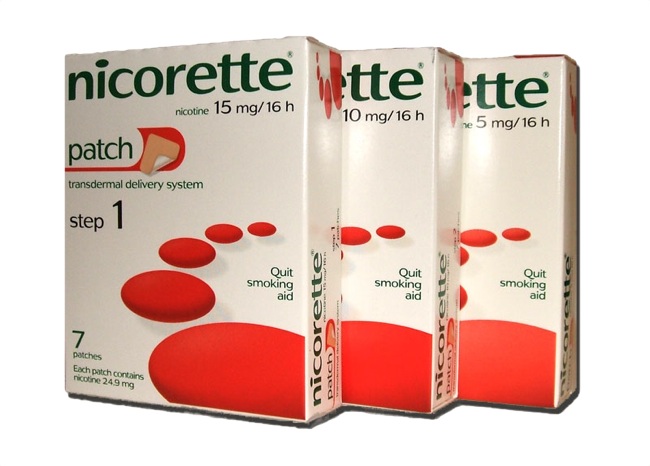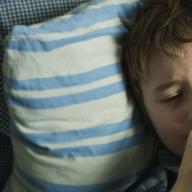Smoking is not a stylish pastime, a way to make new friends, keep up a conversation, or even a bad habit. Tobacco smoking is a real drug addiction. No smoker will admit it. Most people tell themselves and others that they can quit whenever they want and simply hesitate to do so for certain reasons.
Some try, but often fail. And someone, having started smoking, is afraid to quit, because they are afraid of quick and delayed consequences:
- Bad mood,
- irritability,
- colds,
- weight set.
The last point mostly scares women.
What causes addiction?

Nicotine with smoke enters the lungs, through the hemato-alveolar barrier is absorbed into the bloodstream and spreads throughout the body. Gradually, this substance begins to integrate into all metabolic processes. All tissues and especially the brain get used to the current metabolism. Over time, an increasing dose of nicotine begins to be required for adequate stimulation of cell receptors. Physical dependence is formed when a smoker's hands shake in the morning before the first cigarette smoked. However, the psychic correlation, manifested by nervousness and irritability when it is impossible to smoke, is more tangible. Doesn't it remind you of anything? This is why smoking is an addiction.
How to quit smoking?
People who quit smoking are either faced with a tough choice (for example, strict medical indications), or who are fully aware of the perniciousness of their habit and want to get rid of it once and for all.
Giving up cigarettes, like any other habit, goes through several stages. At first, the desire to smoke is very strong, especially if a pack or more of cigarettes went out a day. In order to soften these sensations a little, it is recommended to first switch to cigarettes with a lower nicotine content. Then it is necessary to gradually reduce the number of cigarettes smoked per day. Then, at the time of the final refusal, the craving for tobacco will be much lower. And after a few days, the desire to smoke will decrease.
 If the method of reducing the number of cigarettes per day does not help, then you can use special patches and nicotine gum. They are sold in pharmacies without a prescription and are easy to use. These drugs also contain nicotine, but they do not have other side substances: paper combustion products, tar, various carcinogenic substances.
If the method of reducing the number of cigarettes per day does not help, then you can use special patches and nicotine gum. They are sold in pharmacies without a prescription and are easy to use. These drugs also contain nicotine, but they do not have other side substances: paper combustion products, tar, various carcinogenic substances.
If there is a persistent desire to hold something in your hands, then try a rosary or a carpal expander. The latter will not only distract from the thought of a cigarette, but will also help strengthen the muscles of the hand and forearm.
For some people, lollipops or seeds help distract them. Only here, too, you should be careful, since sweets, seeds and nuts are very high in calories. In addition, the habit of seizing stress is formed quickly, and getting rid of kilograms is not always easy for everyone.
And, of course, it is desirable to enlist the support of relatives and friends, to stay away from other smokers, to please yourself with pleasant little things for every round date without a cigarette.
How to restore the lungs after smoking?
 A visit to the bath helps to restore the body after quitting smoking.
A visit to the bath helps to restore the body after quitting smoking. The lungs are one of the most important human organs. And it is the lungs that are most affected during smoking. With each puff, a portion of smoke containing combustion products, nicotine, tar, acetone, hydrogen sulfide, hydrocyanic acid enters the human body. Smoke irritates the mucous membrane of the oral cavity, pharynx and larynx, and then descends through the bronchi to the alveoli. The mucous membrane of the respiratory tract is lined with ciliated epithelium. These cilia help to remove mucus from the bronchi and lungs. Smoke damages the cilia, and over time, the cells "bald", and mucus accumulates in the bronchi. That is why smokers develop a typical cough and chronic bronchitis.
After a person quits smoking, recovery processes begin in the body. The drainage function of the lungs ceases to be inhibited, the mucus drains better and over time, its amount decreases. It is possible and necessary to help the body at this stage. There are a number of treatments and activities that are designed to restore the lungs and distract the ex-smoker.
Long walks outdoors. Aerobic exercise creates the prerequisites for active ventilation of the lungs. The deeper the breath and the better the blood supply to the tissues, the faster the toxins will be removed from the body. If a person does not have shortness of breath, and the physical form allows, then you can arrange cycling or jogging. Then the effect of training will be several times higher.
Pilates or yoga workouts. These classes are aimed not only at the development of the whole body and health promotion, but also at the formation of harmony with oneself. A person becomes calm, balanced, it is easier to understand what and why he is doing. There is no better way to relieve stress and understand yourself than with Mind and Body workouts.
Therapeutic and prophylactic inhalations with collections of chamomile, mint, sage, cedar, eucalyptus. You can buy such fees or herbs separately at a pharmacy, and inhalations themselves are best done using a device called a “nebulizer”. These procedures are very effective for clearing the lungs. In addition, the inhaler will definitely be needed in the future for the treatment and prevention of colds in the whole family.
Bath and sauna visit very useful for healing not only the lungs, but the whole body. For maximum effect, it is recommended to pour a little essential oil of cedar or eucalyptus in the steam room, and after leaving the steam room, drink tea with mint and lemon balm.
At home, you need to regularly do wet cleaning so that the dust does not irritate the respiratory tract. Be sure to ensure that the humidity does not fall below 50%. The optimal value is 60%.
Passive smoking should be avoided at all costs. After all, it is even more dangerous than active. The smoker inhales the smoke that has passed through the cigarette filter, and the people around him from the air receive "inhalations" of unfiltered poison.
The rate of recovery of the lungs depends on the initial state of the body, on the length of smoking, the number of cigarettes smoked per day and their strength. However, everyone can be sure that they will feel much better already in the first week after giving up tobacco, and after a few months they will be practically no different from their never-smoking friends.
Video "What happens when you quit smoking?":




